The former Google China head and veteran technology investor also argues that the Chinese and Silicon Valley internet ecosystems are parallel universes and increasingly incompatible
He is more popular on social media than Madonna or Oprah Winfrey, but you might never have heard of him. Kai-Fu Lee has become the face of Chinese tech, his name synonymous with a country itching to take on the world.
Lee spent his formative years helping charter a path of innovation for companies such as Microsoft and Apple, but it was when he spearheaded a failed attempt to bring Google to China that everything changed for him. Lee left Google in 2009, to set up his own venture capital fund, Sinovation Ventures.
A profoundly influential character in China, Lee has accrued 50 million followers on microblogging site Weibo. The China he champions today is bristling with innovation, though the West often views it with trepidation.
But it is not China that, Lee believes, other countries should be worried about, and he wants to use his influence to prepare the world for the imminent AI revolution. By Lee’s estimates, automation will take up to 40 to 50 per cent of jobs globally, and governments need to be prepared.
Lee’s new book, AI Superpowers: China, Silicon Valley, and the New World Order , was published in September.
What is the message in your book? “China’s success may [as some accusers claim] have to do with copying, but it has evolved into something as great as Silicon Valley. I don’t think I’m in a position to say which is greater. You have two completely differently developed systems. It’s like saying to someone: is air or water more important to you? Or are diamonds or gold more valuable?
“Both the Silicon Valley system and the Chinese system are of intrinsic value. Both will create tremendous wealth, and both will be wildly successful even a century from now, but I don’t want to project who will surpass whom. It’s not an arms race. They work in parallel universes.
“The Chinese model is about building an incredibly high wall so that no one can replicate or start a price war. It’s about detail orientation, operational excellence, having a huge market, having instantaneous feedback from the market, iterating so many times that it becomes innovative. And I think that is the spirit. I think the copying was the way it started.”
The mindset of the Chinese entrepreneur system is relatively new for the West. You say it iterates, it’s detail-oriented and that it’s a vastly different set-up to Silicon Valley. I don’t feel this is something that is admired in the West, which values the idea and the loading of innovation a bit more. There seems to be a vast difference. “No, you’re right. It’s a system where the ultimate value is what’s important. The way in which you get there is less important. Whether you have the idea first is unimportant. So you will use your idea, or someone else’s, or whoever’s.
“Most likely you don’t even have the idea when you start the business. As you iterate and get feedback from the user, you begin to gain insight and end up building the product that changes the world.
“If you were to travel to our parallel universe and we showed you five of the best apps in China, you would want to have one. You would say they’re innovative, but they didn’t come about with someone who had a light bulb go off and say, “I’m going to build one of those.”
“After five or six years of iteration, they are incredibly powerful, no less powerful than the apps from the US. It’s kind of hard for me to describe without showing you the app, but think of the top three apps that shocked you when you saw them, such as YouTube, Google Maps, or Snapchat or Google Search.”
If there were internet users on Mars, and both the Chinese and American entrepreneurs landed there, I would be betting on the Chinese
Do you think that this very demanding mindset, that this success at all cost, and much harder work discipline that you write about in the book will allow the Chinese tech powers to accelerate at a certain speed and show up other tech systems such as Silicon Valley? “Because they don’t really sell to the same market, they don’t really compete. But I recently said at the TechCrunch event [TechCrunch Disrupt SF, held in San Francisco, in September], that if there were internet users on Mars, and both the Chinese and American entrepreneurs landed there, I would be betting on the Chinese.
“In the real world, Europe and the US are completely bought into the American ecosystem, so your phones are full of the American apps. You can’t just insert a Chinese app.
“It’s not just a language issue. It’s about research patterns, payments. It’s about your affinity for the brand, your belief in the company and all these other things combined. So these two universes aren’t bound to collide any time soon. That’s why I use Mars as an example. So I’m not trying to avoid the words ‘competition’ or ‘war’.”
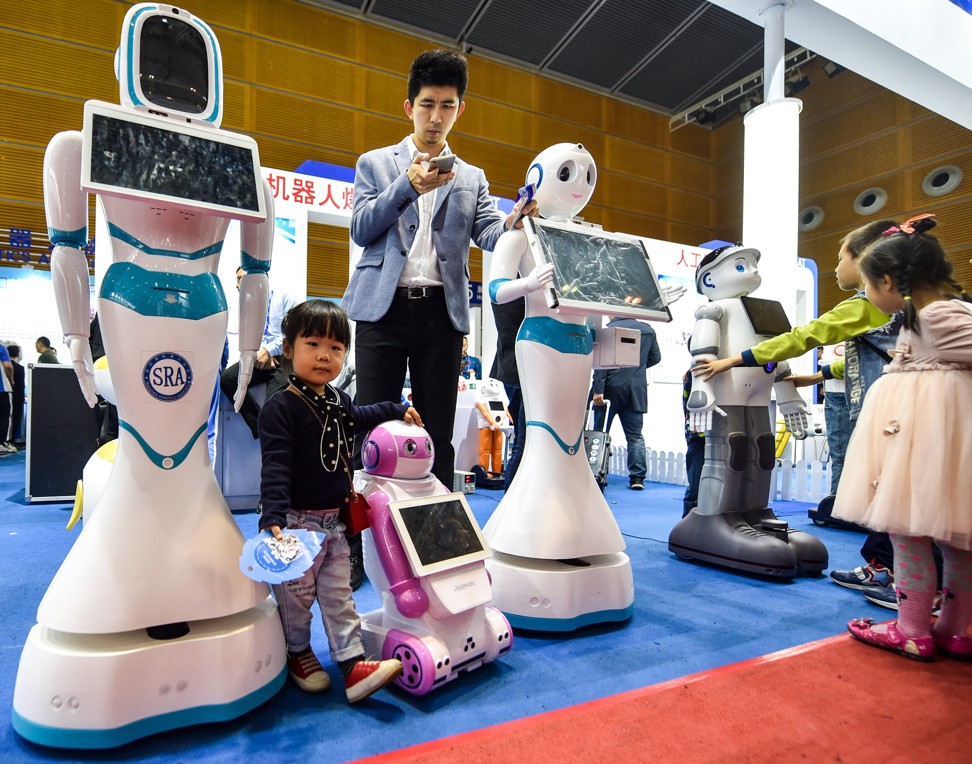 Children interact with robots at the 19th China Hi-tech Fair in Shenzhen last year. Picture: Xinhua
Children interact with robots at the 19th China Hi-tech Fair in Shenzhen last year. Picture: Xinhua
Some people would say that there is an arms race happening, you only have to look at military and the defence units in America that have ramped up funding. And China has come out beating its chest, saying it wants to be the AI leader of the world by 2030. “Every country has its aspirations. Donald Trump got elected by saying he wants to ‘make America great again’. Obama said, ‘Yes we can.’ And China is saying ‘We want to be one of the best in AI.’ It’s an aspiration. I think the ultimate hope of the Chinese government is that the Chinese people will be well off with the advances in AI. And the American dream ought to be that the Americans will be well off with AI. This is not a grabbing of resources, oil or land. This is each country developing its capabilities. Furthermore, it’s not like they’re both trying to sell to South America and fighting over which product Brazil uses. It’s really in two parallel spaces; two countries are doing great jobs using different methodologies.”
China plans to be a world leader in Artificial Intelligence by 2030
Some people associate China with authoritarianism. Do you think that potentially stifles a true movement of innovation and originality? “I’m not an expert on government and, of course, people are entitled to their views. The important thing is that innovative products are coming out of China. You can’t ignore that reality. If I showed you WeChat, you would say, ‘Wow, this is an innovative product.’ Doesn’t the end justify the means? It’s not like there is a stolen idea. It is all innovated here. It took a lot of capital and fighting spirit. It’s just a different way of arriving at the outcome.”
You’ve written about the Chinese government’s injection of funds into the tech economy, the so-called guiding funds, growing from US$7 to US$27 billion in eight years. You also wrote that France and Britain have strong tech economies but don’t have the venture capital ecosystem to improve. What is the Chinese government trying to get out of the tech economy by injecting this much money? “First, I want to say that the Chinese venture capitalist system pretty much first evolved with nearly zero government contribution. It evolved originally with foreign capital from America and Europe, who had realised that China was in a growth mode. Everything evolved in the private sector; the internet, AI and so on.
“But in the grand scheme, US$27 billion is not that much over 15 years. It’s helpful, it added fuel to the fire, but it is not the catalyst. Also, it came in late, by the time the guiding fund came along, the venture capitalist ecosystem was already in place.
“Having said that, I do acknowledge the government has contributed to the development of China’s entrepreneurial ecosystem. The Chinese allow a new technology to be launched with minimal regulation, allowing it to blossom. Mobile payment is a case in point.”
Do you think Chinese companies have ambitions of having a presence in the marketplaces of the US and Europe? The West doesn’t really use any technology from China. “I agree with you on that. I think [the West’s] acceptance of Amazon, Google and Facebook has reinforced their market position and it’s extremely difficult for Chinese companies to get in and compete. So that’s why there are parallel universes that are both mutually self-reinforcing; the US and China. Two countries with separate, powerful brands, with loyalty and entry barriers. But I do think with emerging countries, China may have some advantages. Chinese companies are making inroads into Southeast Asia and the Middle East, largely through partnerships and investments, and through expansion of the Chinese space, so I do think Chinese international connections will have some reach.”
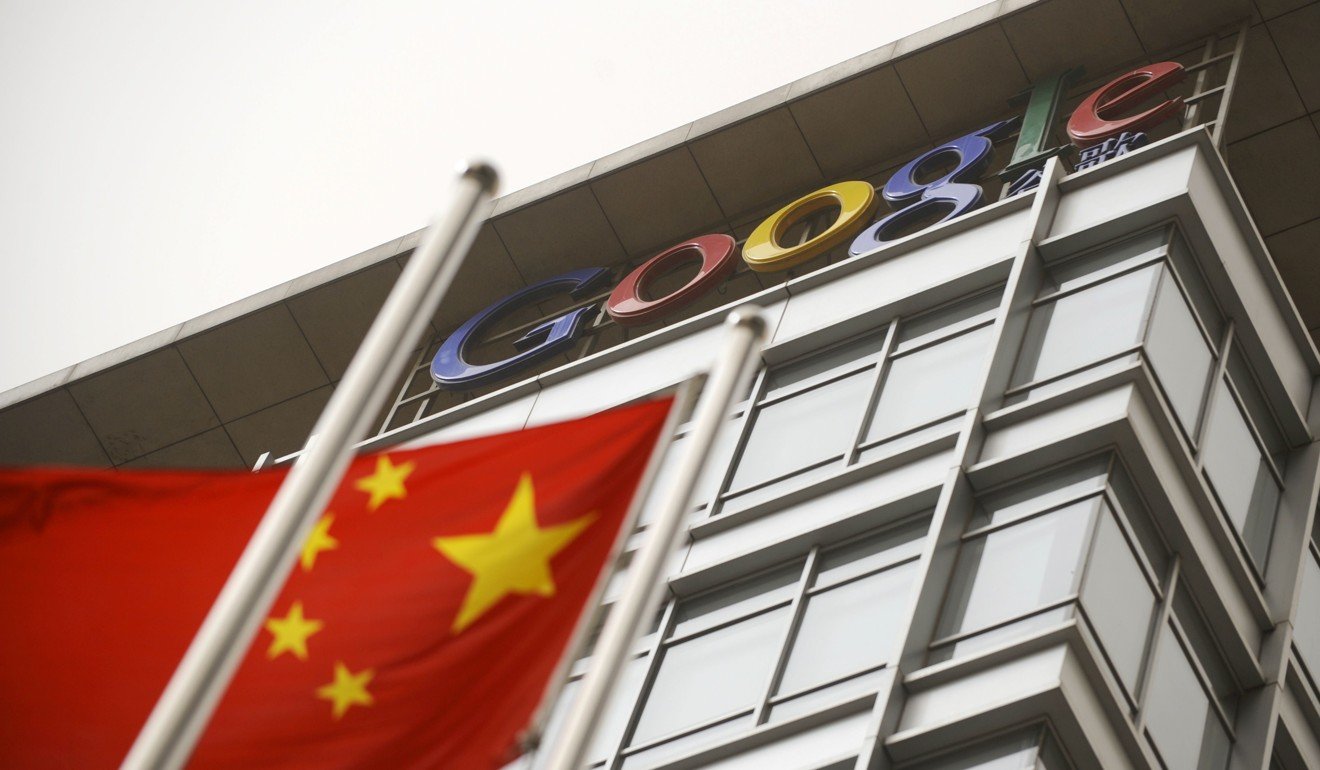 The former Google China headquarters in Beijing, in 2010. Picture: AFP
The former Google China headquarters in Beijing, in 2010. Picture: AFP
Google has re-entered the Chinese market after being absent for a long time. Recently, Google’s service Dragonfly was making headlines because it allows searches to be linked to users’ telephone numbers, making it harder to avoid government surveillance. What are your thoughts on this? “I left Google nine years ago. I would have thought this would reinforce my earlier message that a giant from one parallel universe wanting to go to the other is very difficult. It’s difficult for Google to come to China. And for the same reasons, you can’t imagine Chinese companies having much success in the UK. Google will have an uphill struggle. I was the head of Google 13 years ago, and the parallel universes hadn’t taken the shape they have now. What was possible then is now very, very hard.”
A problem you discuss a lot is the automation issue connected to AI. In your op-ed in The New York Times (published in June 2017), you talk about AI eliminating many kinds of jobs such as bank tellers, customer service reps, telemarketers. How seriously should governments be taking this? “Well, it’s not imminent. The uptake will probably speed up in a couple of years as the technologies develop. We’re seeing, for example, companies saying in the next three years they will reduce the operational staff by half. So these are the signals that we see coming. But for many companies, there are still technical and adaptive issues to be worked out. I think it will take 15 years for a big chunk of jobs to be displaced.
“Having said that, governments move slowly. It takes a while from paper to discussion and debate to possible action. So I think it’s already getting late for the government to understand the issue. The solution will have to be incremental because we are going to see increasing evidence that this is coming and it will be too late to understand the issue once we see 1 per cent of the population being affected. We need to get ahead of the curve.”
In your book you write, “I fear workers will find themselves in a state of constant retreat like animals anxiously fleeing floodwaters, anxiously hopping from one rock to another.” It’s quite a scary picture. “Yes. Having done the research, this is going to be the case.”
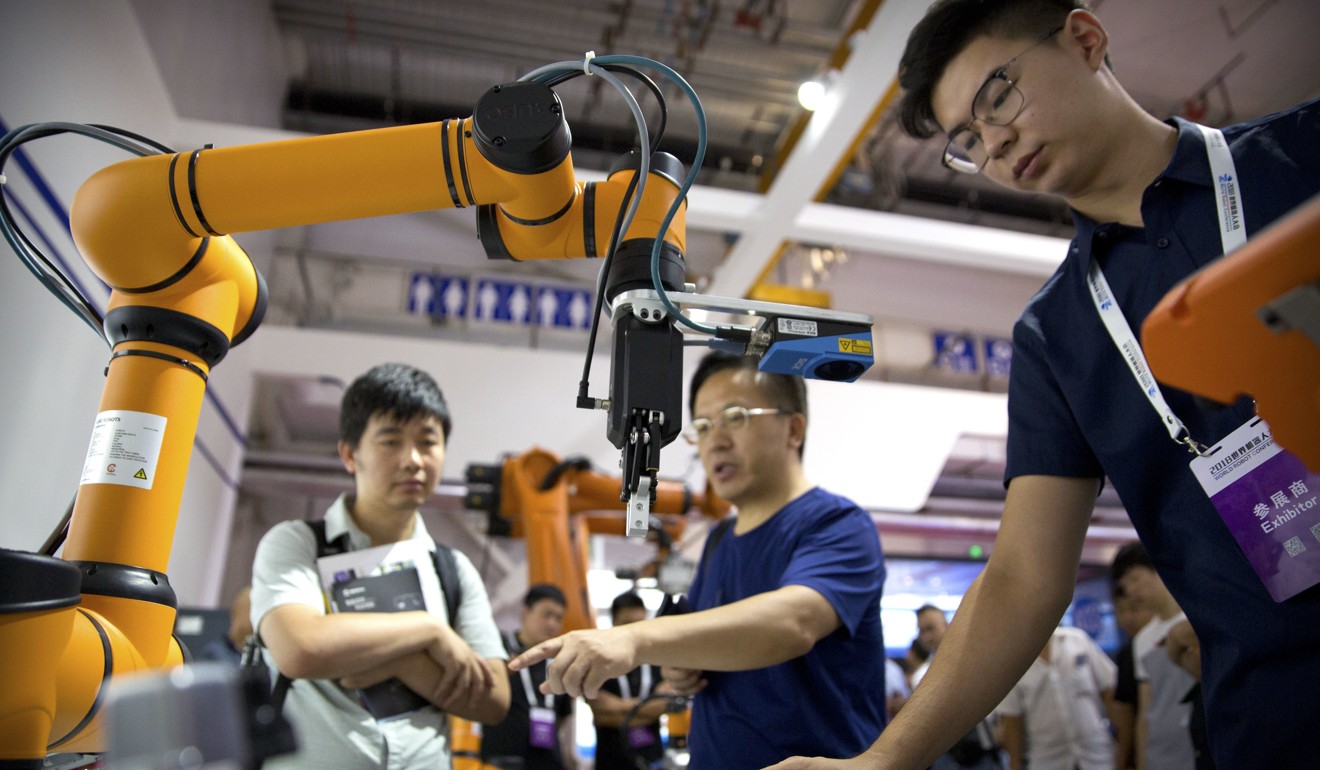 A manufacturing robot is put through its paces at the World Robot Conference in Beijing, in August. Picture: AP
A manufacturing robot is put through its paces at the World Robot Conference in Beijing, in August. Picture: AP
You say that China is not so preoccupied or worried about the automation issue. “Most thinkers who are having this discussion today are Americans or Europeans. There are very few in China who are thinking about this issue. And the reason, as I mention in the book, is that the Chinese government generally takes care of issues like this, and they’ve done a good job to date, so businesspeople or professors don’t necessarily feel this is an issue for them to worry about.”
“Actually, that may be one of the smaller reasons. I think the largest reason is that the Chinese government has taken care of the agriculture-to-manufacturing transition effectively with a top-down approach, different from the Western approach, and I’m not saying it is good or bad. But since the government has worked well before, people believe the government will take care of it when a change comes again.
“Chinese people are more focused on making money. But that’s not because there is no strong cultural heritage of thinking about the meaning of life or existentialism. Go back to Eastern philosophy; there’s no less diversity of thought in China. What happened in more recent years is that when Deng Xiaoping said, ‘Let some people get rich first,’ it kind of began the gold rush.
“So we’re in the fourth decade of the gold rush. There are still many people whose families have been rich or poor for 10 or 20 generations, and there’s a lot of expectations that the new child will be the one to bring the family into the middle class or into some wealth. So that expectation is pushing the Chinese people to work harder, and into the method of entrepreneurship we discussed. And it’s also causing people to put material wealth at a higher priority. It’s a culture that we will get over in 50 years or so, once the middle class builds up.”
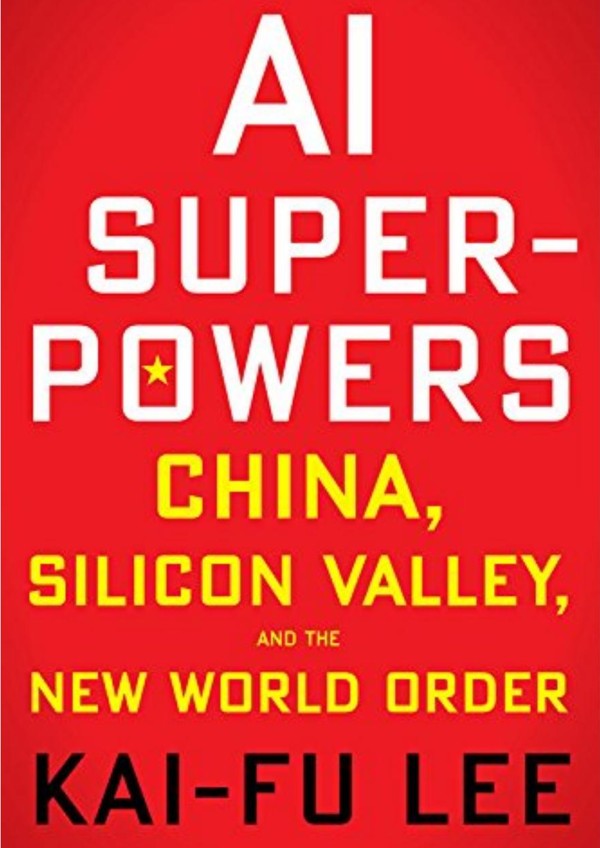
China is a fascinating landscape to the West, where it is viewed with an equal mix of curiosity, fascination and trepidation. But what are the biggest challenges that China faces? It’s got an exploding middle class, a population verging on 1.4 billion, and the demand from the middle class is growing while some are talking about an eventual economic dip. Any thoughts? “I can only really comment on technology. Having innovation is something we should all cherish. The current education system has improved, but there is still a significant gap between our institutions and the best in the UK and US. In particular, the US has this ability to attract great young people to study there, and then to do great research and stay there. China does not have this advantage. The US can attract people from all over the world, and China pretty much has the Chinese. And as large a country as it is, it is only a fraction of the world. So to be global and be attractive for Chinese people to stay, China needs to attract people from other places.”
What happens when technology becomes so invasive in our society that it takes all the blue-collar jobs? “If we think about this pre-emptively, it comes down to two things: creativity and compassion. Creativity speaks to policy on gifted and talented education, letting people specialise early and follow their passion, so they can maximise their impact in their area of creativity.
“But that’s a small percentage of people. It doesn’t solve the job issue. So compassion becomes the only solution. By compassion, I mean in a broader sense. I mean being able to want to relate to a person. These would be jobs like nannies, teachers, nurses, social workers, psychiatrists – the jobs that require a large amount of human interaction.”
‘Made in China 2025’: China has a competitive AI game plan but success will need cooperation
“Governments should do what they can to increase jobs in this service sector. Those are jobs that it’s very difficult if not impossible for machines to do. Even if, say, machines could mimic to some extent a robot nurse, people don’t really want it. With any one of these jobs, AI can contribute by becoming an analytical engine, so that people can do what they do best, which is paying attention to people. So that is probably the only category large enough to absorb the migration of jobs. I think over the next 15 to 25 years that will include things like social entrepreneurship, impact investing, volunteerism. It also forced smaller countries to think if China and India will not be the blue-collar service for the world, what are the service options that remain.
“The Philippines and Indonesia have exported a lot of nannies. I don’t think they want that, but someone needs to think up a new formula for the people and for countries for jobs that AI can’t do.
“That’s the pessimistic thinking, but I think the more optimistic thinking is that if we go 80 years into the future and look back, it’s actually a blessing that our routine jobs are being taken care of by machines, so we can do what we’re good at, what we love. We can think about the meaning of life and so on. But first, we have to get over the next 25 years, when there is a potentially challenging transition on the horizon.”
AI Superpowers: China, Silicon Valley, and the New World Order is published by Houghton Mifflin Harcourt.
https://www.scmp.com/magazines/post-magazine/long-reads/article/2166979/jobless-future-coming-says-china-tech-guru-kai-fu



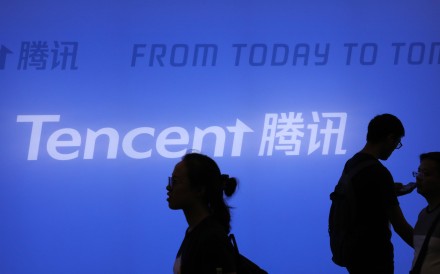
Comments